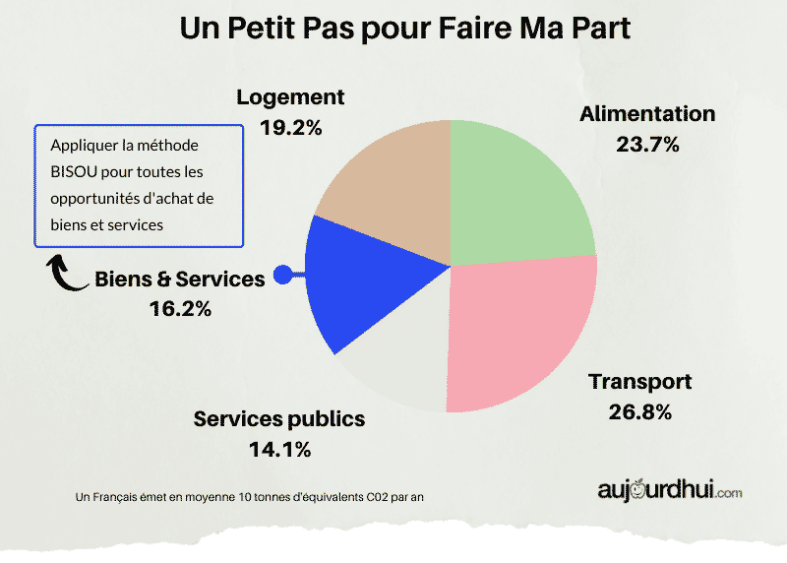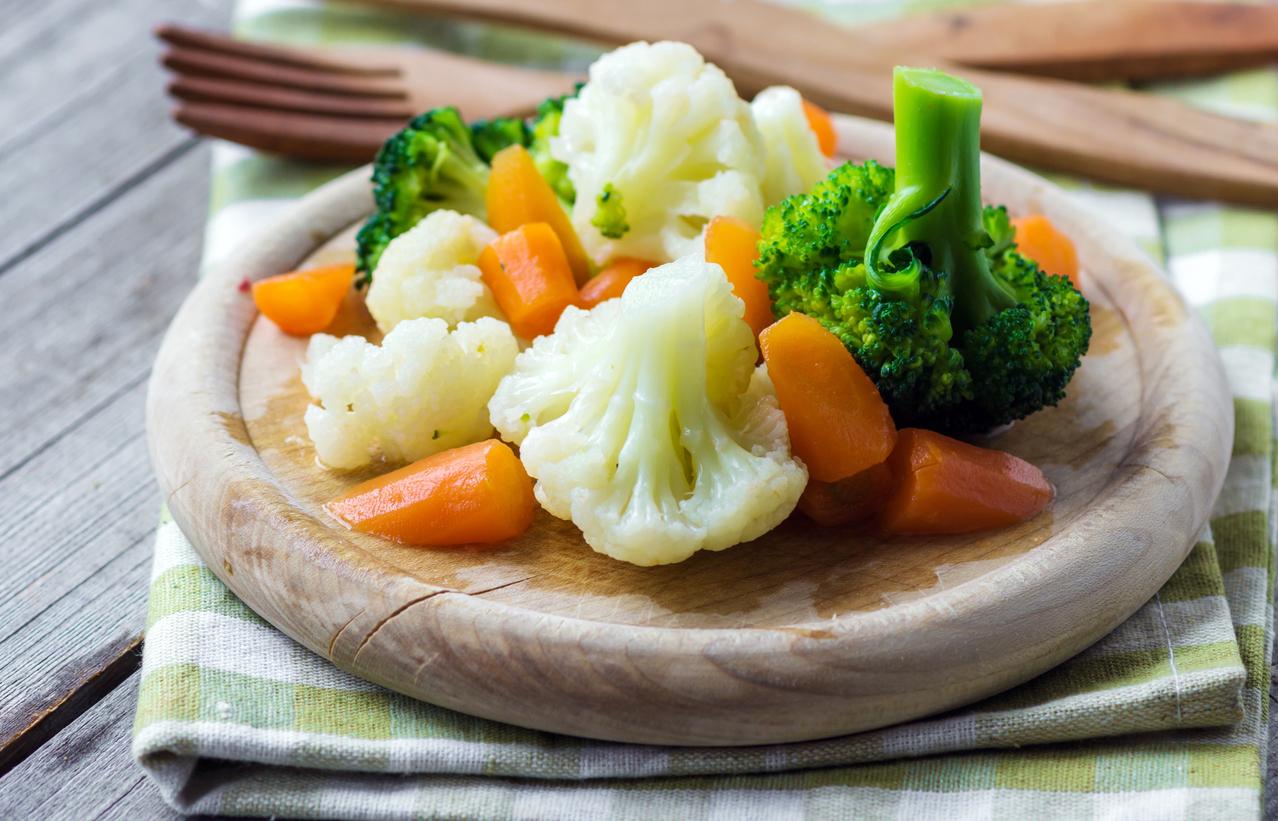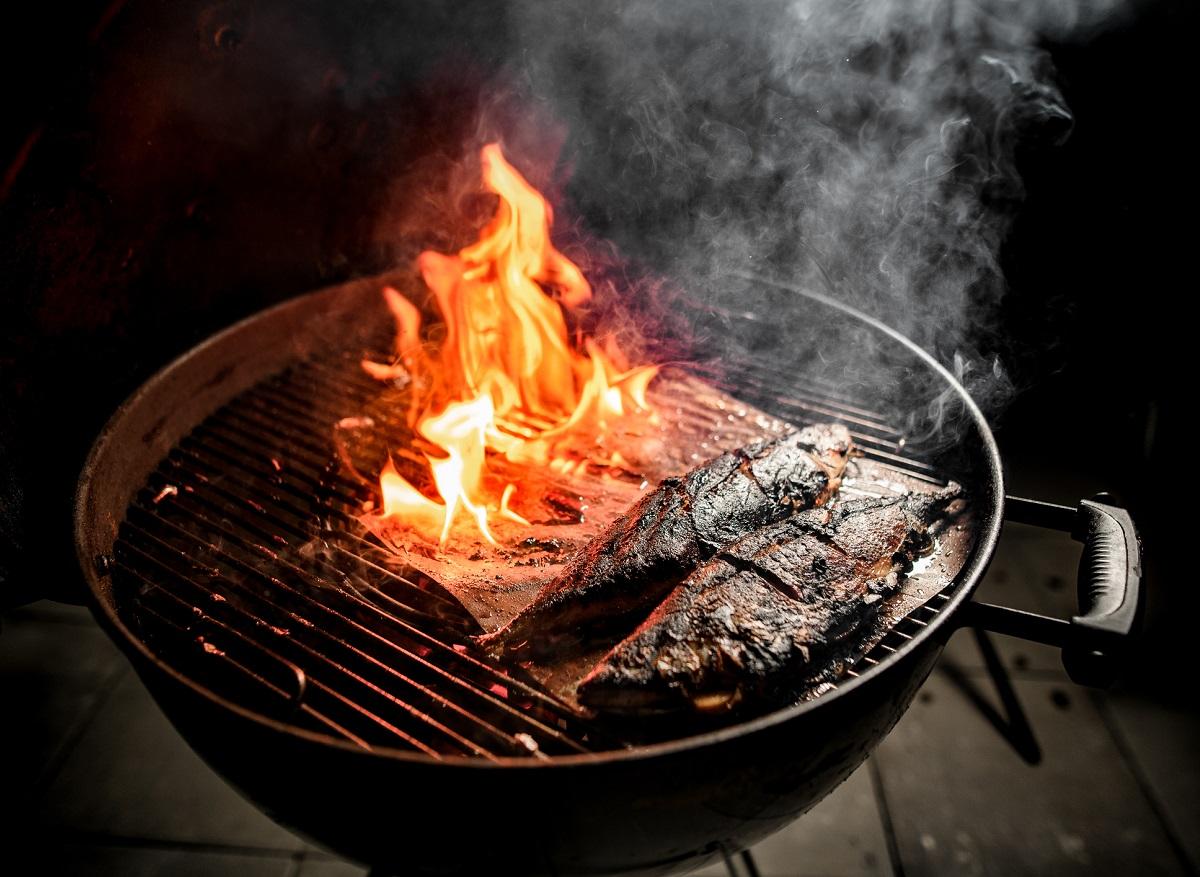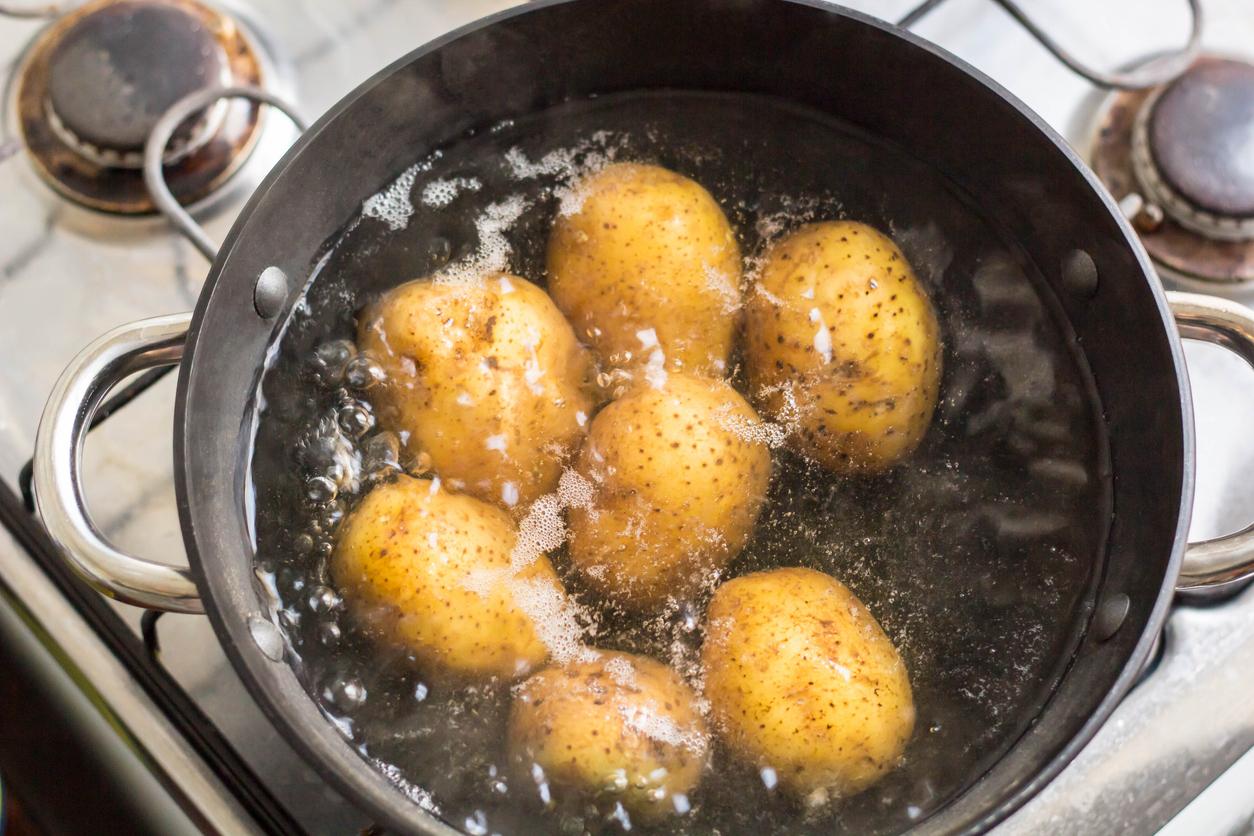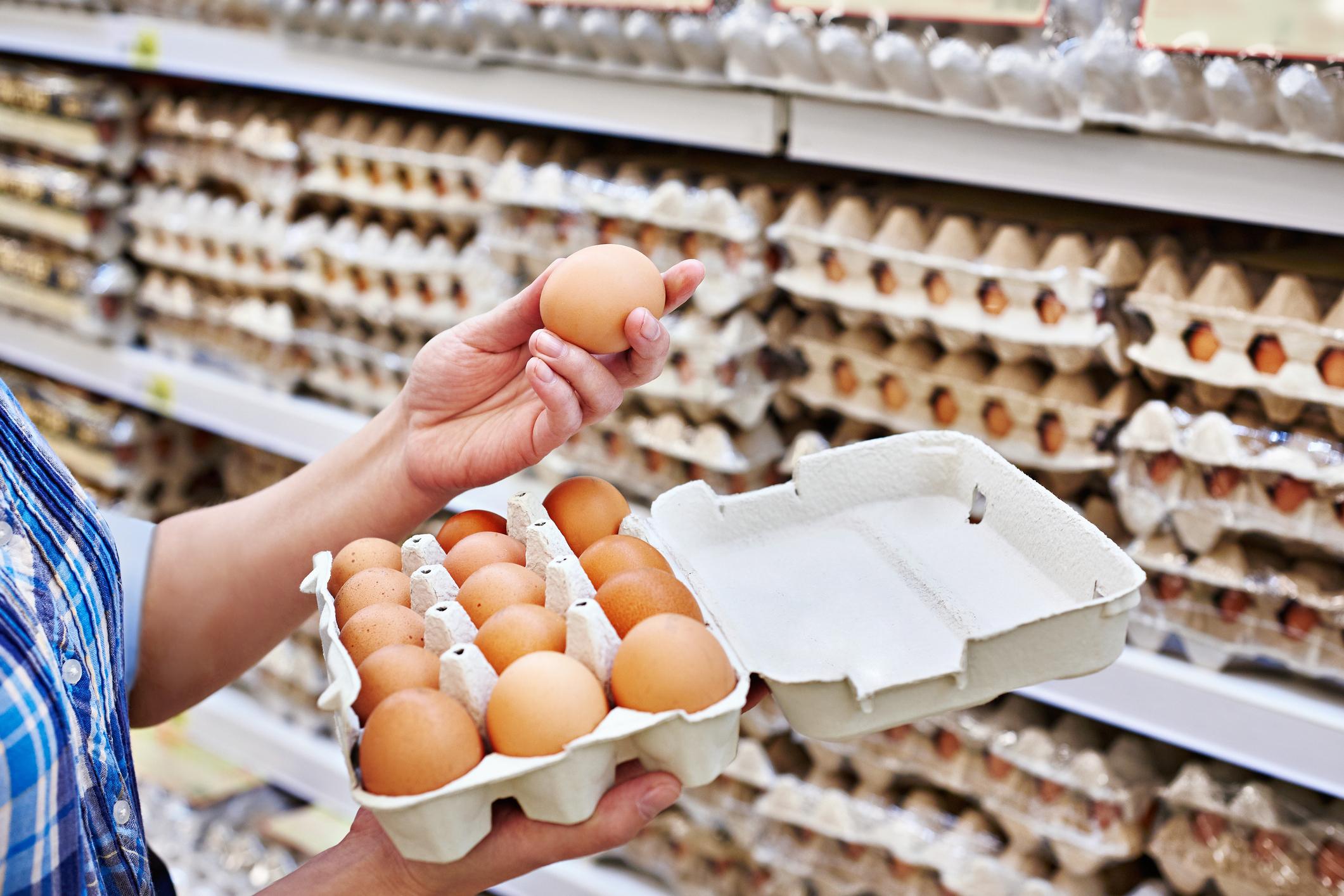May 9, 2007 – Cooking meat on the barbecue is believed to generate certain toxins – glycotoxins – associated with oxidative stress and inflammation. These two metabolic phenomena are the source of chronic diseases such as diabetes, cardiovascular disorders and kidney disease.
At least, this is a hypothesis that becomes clearer with the results of a study.1 that has just published the Journal of Gerontology, a medical journal of the American Society on Gerontology.
The results indicate that consumption of foods subjected to high temperatures increases blood levels of glycotoxins in both young and old. However, higher concentrations of these toxins have been found in older people. The analyzes also revealed that the elevation of glycotoxin levels corresponded to an increase in markers of oxidative stress and inflammation.2.
Glycotoxins are formed when an animal product is subjected to a high temperature – for example during the preparation of grilled meats – but also during the pasteurization of dairy products. These substances accumulate in the body, which is why older people had higher levels of these toxins in their blood.
Researchers believe that subjecting the body to oxidative stress and chronic inflammation can lead, in the long term, to deterioration of the tissues of the cardiovascular system, disruption of metabolism and weakening of the kidneys, which are precisely responsible for causing damage. ” eliminate glycotoxins.
Marinate the meat?
While this is only a guess, the authors recommend boiling or steaming the meat rather than grilling it. They also point out that marinating the meat in lemon juice or vinegar before grilling it could reduce the formation of glycotoxins. Researchers believe that more studies are needed to find out whether a diet less rich in glycotoxins could help reduce the incidence of chronic disease.
They conducted the study on 172 healthy subjects. The objective was to verify whether the levels of glycotoxins detected in the blood could vary according to the diet and if their effects had an impact on the markers of oxidative stress and inflammation. Note that 116 of the participants were aged 18 to 45, while the remaining 56 were aged 60 to 80. The researchers evaluated the subjects’ diet and performed extensive blood tests.
Pierre Lefrançois – PasseportSanté.net
According to CBC News.
1. Uribarri J, Cai W, et al. Circulating glycotoxins and dietary advanced glycation endproducts: two links to inflammatory response, oxidative stress, and aging. J Gerontol A Biol Sci Med Sci. 2007 Apr; 62 (4): 427-33.
2. For more details, see our short story The Perverse Effects of Inflammation.





